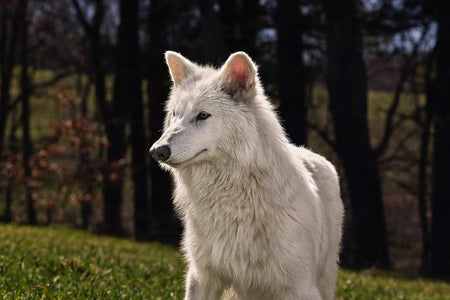
Did Scientists Actually De-Extinct the Dire Wolf?
Colossal Bioscience says it has “de-extincted” the dire wolf, but other scientists disagree and say more important conservation science is being lost in all the hype
Andrea Thompson is an associate editor covering the environment, energy and earth sciences. She has been covering these issues for 16 years. Prior to joining Scientific American, she was a senior writer covering climate science at Climate Central and a reporter and editor at Live Science, where she primarily covered earth science and the environment. She has moderated panels, including as part of the United Nations Sustainable Development Media Zone, and appeared in radio and television interviews on major networks. She holds a graduate degree in science, health and environmental reporting from New York University, as well as a B.S. and an M.S. in atmospheric chemistry from the Georgia Institute of Technology. Follow Thompson on Bluesky @andreatweather.bsky.social

Did Scientists Actually De-Extinct the Dire Wolf?
Colossal Bioscience says it has “de-extincted” the dire wolf, but other scientists disagree and say more important conservation science is being lost in all the hype
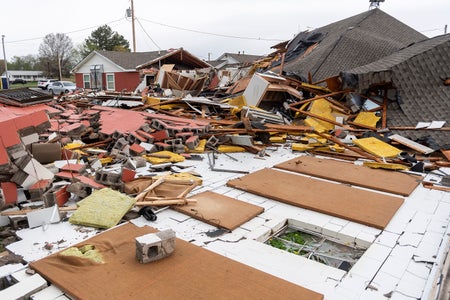
The Crucial Role of Damage Surveys in Tornado Science
Damage surveys provide crucial information about when, where and how strong U.S. tornadoes are to better understand disaster risk
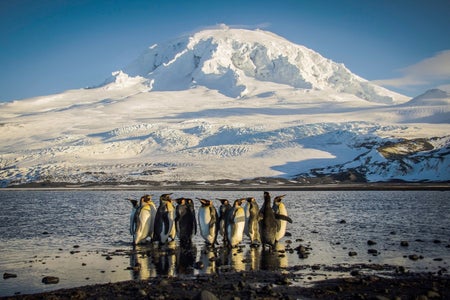
The Heard and McDonald Islands Are a Pristine Biological Wonderland
Trump’s tariffs put a spotlight on the uninhabited Heard and McDonald Islands, which comprise a remote volcanic refuge for penguins and seals and a UNESCO World Heritage site

Nearly Half of People in the U.S. Have Toxic PFAS in Their Drinking Water
New data released by the EPA show that nearly half of people in the U.S. have drinking water contaminated by toxic “forever chemicals,” or PFAS

What Does a Wildfire-Resistant House Look Like?
With wildfires happening more often and burning more area, homes need to be “hardened” to make them more fire-resistant
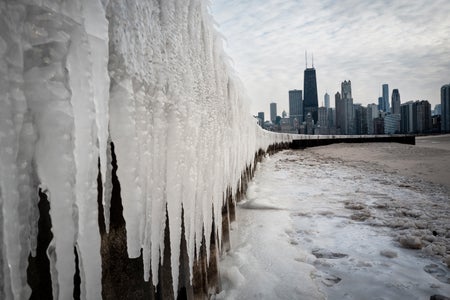
Why Temperatures Swung by 90 Degrees F in Parts of U.S.
Much of the U.S. has swung from temperatures in the –30s and –40s Fahrenheit to balmy weather in the 60s and 70s F
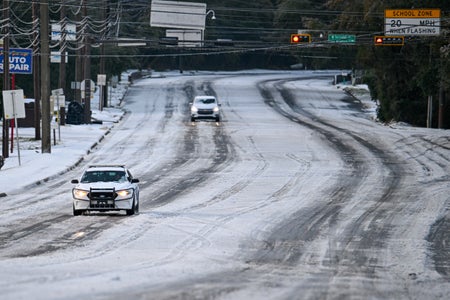
Here’s What Caused the Rare, Record Florida Snow
A perfect confluence of an Arctic air outbreak and a low-pressure system that pulled in moisture from the Gulf of Mexico brought rare, record snow to the Gulf Coast
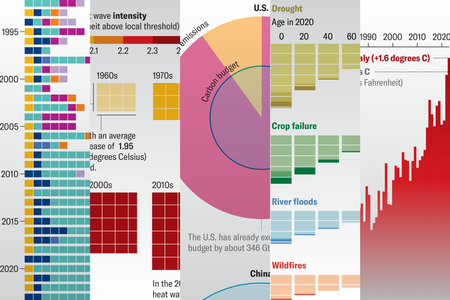
Why the Paris Climate Agreement Matters in 5 Graphics
One of President Trump’s first executive orders withdraws the U.S. from the Paris climate agreement. These graphics show why the pact is crucial to curbing the worst effects of global warming
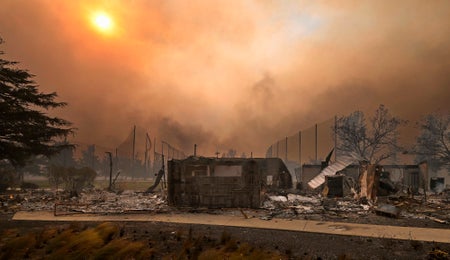
Here’s How Climate Change Fueled the Los Angeles Wildfires
Many factors, such as strong Santa Ana winds and urban planning decisions, played into the recent destructive wildfires in the Los Angeles area. But the evidence is clear that climate change contributed

Photos Show Why Los Angeles Fires Were the Worst in City’s History
The ferocity and scale of the fires that tore through the Los Angeles area become clearer in photographs
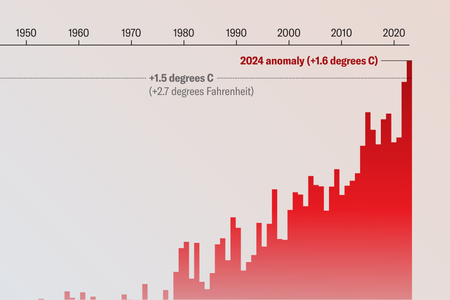
Earth Surpasses 1.5 Degrees C in Hottest Year on Record
The year 2024 was the hottest on record and the first to top 1.5 degrees Celsius of warming. All 10 of the hottest years have been in the past decade
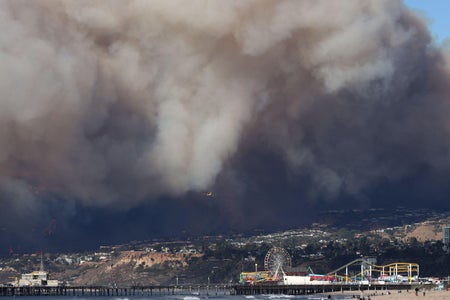
How the Ferocious Santa Ana Winds Are Fueling the Palisades Fire
The nature of the Santa Ana winds makes them perfectly suited to fueling blazes like the Palisades Fire, and climate change is increasing the risk

The Climate, Health and Tech Stories We’re Following in 2025
We’re closing out the year with a roundup of the science stories that stood out to our editors in 2024.
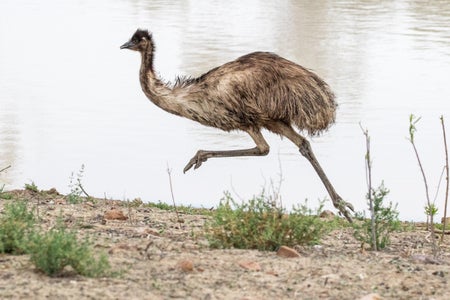
The 6 Most Hilarious Things We Learned about Animals in 2024
From a comb jelly with two butts to wing-slapping ants, this animal research made us laugh this year
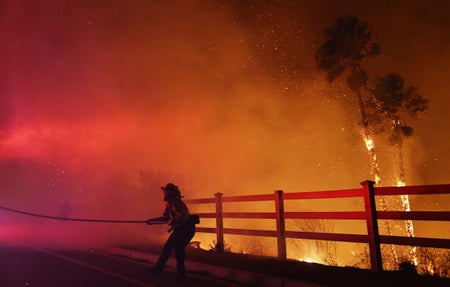
How the Santa Ana Winds Are Stoking the Malibu Fire
Dry weather and an extreme Santa Ana wind event have contributed to the explosive growth of the Franklin Fire in Malibu, Calif.
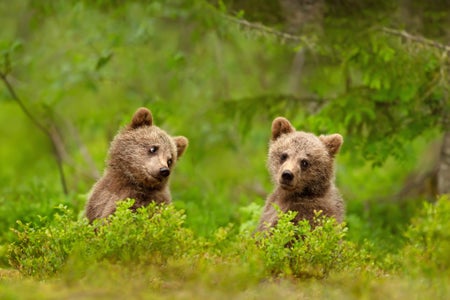
The 6 Cutest Things We Learned about Animals in 2024
From morphing beluga noggins to birds that practice singing in their sleep, science produced plenty of adorable findings this year
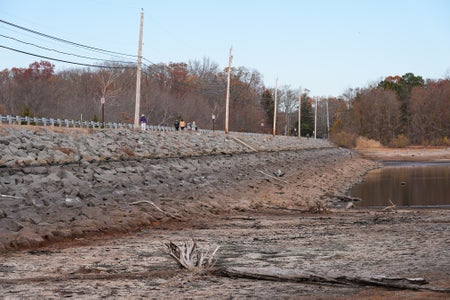
What Makes the Eastern U.S. Drought Different from the West’s
Drought is more synonymous with the western U.S., but the eastern part of the country can descend into such conditions surprisingly quickly
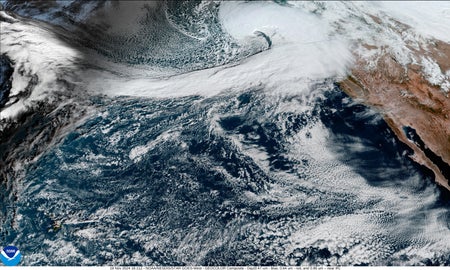
‘Bomb Cyclone’ and Atmospheric River Pummels U.S. West Coast
A major windstorm and an atmospheric river are set to unleash a “firehose” of precipitation from California to British Columbia

An Off Day in Brooklyn—And on Uranus
A serious bird flu infection in Canada, a troubling projection of future plastic waste and dispatches from a global climate convention.
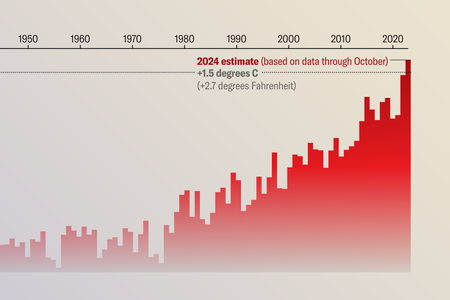
Earth Will Exceed 1.5 Degrees Celsius of Warming This Year
This year won’t just be the hottest on record—it could be the first to surpass 1.5 degrees Celsius. The Paris climate accord aims to keep warming below that level when looking over multiple years

Your 2024 Election Rundown, from Immigration to Education
The outcome of the 2024 U.S. presidential election could set the climate agenda, reshape public education and shift the dynamics of global science collaboration.
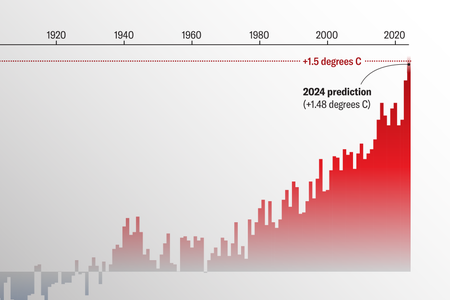
In Record-Hottest Year, U.S. Voters Will Decide Climate’s Path Forward
Global temperatures through September point to 2024 besting 2023 as the hottest year on record. How many future years set records depends in part on the outcome of the 2024 U.S. presidential election
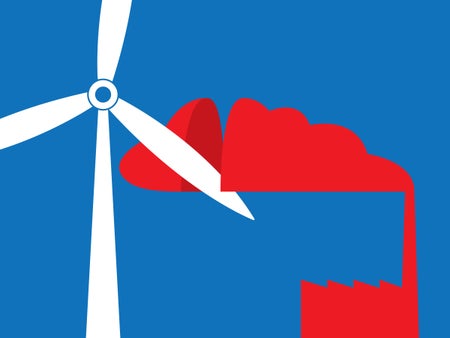
The 2024 Presidential Election Will Make or Break U.S. Climate Action
Harris would continue the Biden administration’s landmark climate efforts; Trump would roll the country back to more oil and gas
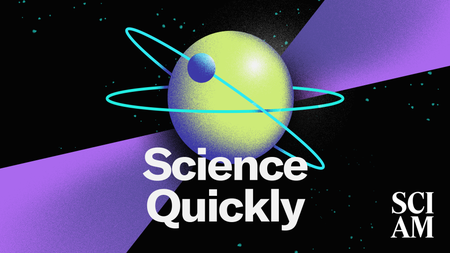
The Danger of Hurricane Downpours and the End of ‘Climate Havens’
Downpours from hurricanes are worsening—and leaving even “climate havens” vulnerable.